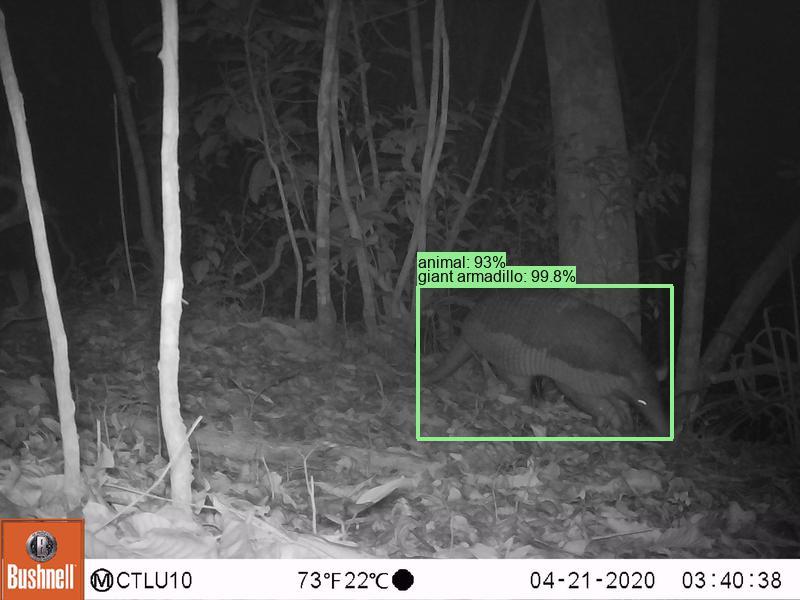
We're extremely excited to announce (and open source) SpeciesNet today, our AI model for species recognition in camera trap images, capable of recognising more than 2000 animals species around the world. To our knowledge this is currently the largest publicly available model out there, and ever since 2019, increasingly more complex versions of SpeciesNet have been serving the conservation community through the Wildlife Insights platform (https://www.wildlifeinsights.org/). We hope that by offering this powerful tool freely, we will enable even more researchers, conservationists and individual practitioners to scale up their global efforts to protect our fragile Earth and its biodiversity. Try it from the comfort of your own computer, in your office or in the field, without needing to upload your images to the cloud, and let us know what you think. Feel free to raise new issues and contribute with code and ideas. We're looking forward to seeing where the community will take SpeciesNet.
GitHub repo: https://github.com/google/cameratrapai
Our 2024 paper describing the model: https://doi.org/10.1049/cvi2.12318
Google's official announcement: https://blog.google/outreach-initiatives/entrepreneurs/ai-nature-climate-accelerator-nonprofits-speciesnet/
Even though ~90% of the open source code was written by me, this was the result of a solid team effort over the past few years and everyone deserves a great deal of recognition ![]() Tomer Gadot, Dan Morris, Tanya Birch, Hyungwon (Clint) Kim, Sara Beery, Jorge Ahumada.
Tomer Gadot, Dan Morris, Tanya Birch, Hyungwon (Clint) Kim, Sara Beery, Jorge Ahumada.
Personally, this has been the most impactful project I've worked on in my career, and despite the uncertainty of the arrangement and the bureaucratic hurdles we had to fight every single year, the risks I took to be able to contribute to something meaningful to me paid off in the end. But these opportunities are extremely rare, and even more so for highly skilled engineers, in a time when we desperately need more of them in a whole range of disciplines if we're serious about solving any planetary crisis. As I'm looking for my next tribe, I'm rooting for more initiatives like this to reach the maturity to be released in the public space.
3 March 2025 5:46pm
Hi Stevan, @jorgewildmon and @dmorris ! Congratulations with the model, this will be gamechanger! However I noticed that in LILA and wildlifeinsight dataset, there is a huge gap in Indonesia data, which is not surprising since in the last decade, our gov was towards the anti-science and anti-open science, that is why we got little CTs data openly available in most cloud platforms.
We are now trying to train model for Indonesian species with @nggih , @pvlun , @Nuruliawati - starting at Sunda region. We might able to get access to the CTs data that not circulated in the cloud platform. Actually, we submitted this idea to the current Wildlabs Awards. As a non-coder myself I have some questions:
1. Can we work local with the SpeciesNet? And do we need to code?
2. Do the SpeciesNet has GUI? if not can it be integrated to AddaxAI?
3. What was your lesson learned that you can share to someone who wanted to train model for AI model for species recognition in CTs images in baby language?
Thanks!
4 March 2025 10:20am
Wonderful job! It is highly appreciated that you have decided to publish this model!
Adrien Pajot
WILDLABS
Fauna & Flora
10 March 2025 3:00pm
Congratulations @stefan_istrate and team for this extraordinary job! Such a fantastic achivement for the sector.
11 March 2025 7:52am
Congratulations. This is amazing news for the community!
We are are currently exploring if combining our existing method in Animal Detect with the new SpeciesNet can yield even higher classification results than any of the two technologies individually. Very interesting to see the results of this experiment!



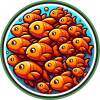







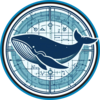


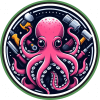
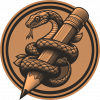

Herdhanu Jayanto
KONKLUSI (Kolaborasi Inklusi Konservasi - Yayasan)